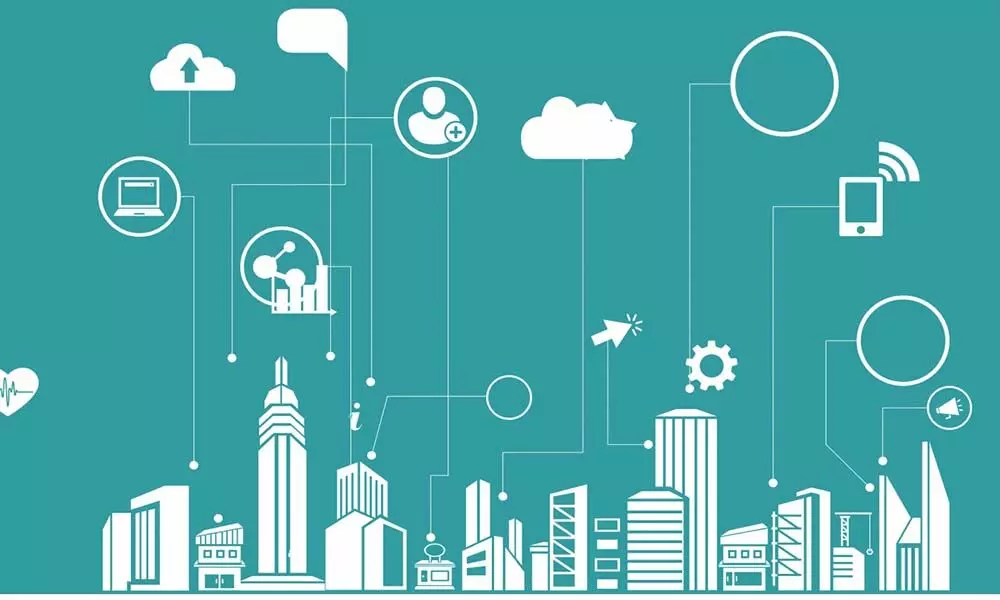Strong digital infra holds the key for MSMEs growth
MSMEs have been the worst hit by the pandemic and hence, they have to resort to strengthening their digital infrastructure so as to ensure their sustainability and growth in days to come.
image for illustrative purpose

MSMEs have been the worst hit by the pandemic and hence, they have to resort to strengthening their digital infrastructure so as to ensure their sustainability and growth in days to come.
The year gone by and even the current fiscal so far, have been unconventional ones, to say the least. Leave aside micro, small and medium enterprises (MSMEs) or Corporations: no one could have foreseen the implications of the pandemic and its impact on industries and the global economy at large. MSMEs had to let go of as many as 3 crore workers due to the pandemic, and the recovery will take not less than six months to more than a year.
MSMEs, considered the backbone of the Indian economy and contributing nearly 30 per cent to India's GDP, were the first to take a hit in the economic downturn. The pandemic and the resulting nationwide lockdown created daunting operational challenges for MSMEs. Thanks to the timely measures by the government in forms like the moratorium facility, ECLGS, and more, the Indian MSME segment received a cushioning effect that supported funding and liquidity to a certain extent.
Despite this, small and micro MSME owners with limited or negligible cash reserves found it harder to digest a complete standstill in production and demand during the months of lockdown, with approximately 20 per cent decline in revenue.
At the same time, they were burdened with expenses that quickly piled up - wages, pay rentals, electricity and raw material bills, and more. Adding to the woes, a good chunk of the skilled workforce had moved back to their home states due to the prolonged lockdown. For the first time ever, MSMEs found themselves in a situation where they were uncertain about the way forward. This decline in the growth rate has significant implications for a developing country like India, where economic growth drives business sustenance.
More than half of all Indian MSMEs is able to visualise opportunities in spite of the current challenges to streamline their processes and are looking towards implementing the changes. Technology and digital leads the way with almost two thirds of the businesses looking at these solutions to streamline business processes.
And importantly, the recent GDP estimates indicate that the economy and MSMEs are leaving the worst behind them. Q2 2020 saw the GDP contract by nearly 8 per cent. Current estimates indicate moderate growth of 0.4 per cent this quarter. The overall economic growth trajectory percent indicates that these small businesses are ready to bounce back. The only foreseeable roadblock that may hamper this recover from unfolding is lack of capital availability that is crucial to manage raw materials, labour salary and other operational expenses. Increasing cash in hand will ensure momentum continuity, something Trade Receivables Discounting System (TReDS), facilitated by RXIL, makes possible via invoice discounting for quicker liquidity solutions. Moreover, it promises to bring down the interest cost by 50 per cent.

